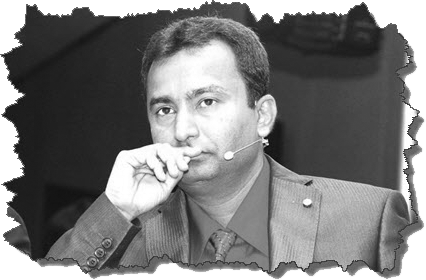Political Views

By one calculation, corruption has cost the Indian state more than $460 billion since independence in 1947. The amounts of money involved seem to have grown exponentially, but then so has India’s economy, too.
Of course, big corruption scandals are commonplace in the developing world (and the developed world, for that matter). Yet the scale and relative peacefulness of the corruption debate in India may be unprecedented. In Russia, the anti-corruption movement that organized several big protests in 2011 has been stamped out with arrests, police harassment, threats and violence. In China, corrupt deals at the highest levels take place in secret, with nosy journalists kept far away. Even when accusations are made — as they were against party leader Bo Xilai — trials are masked by rumors and obfuscation.But unlike China, and unlike Russia, India is a democracy. And although the Indian political system is imperfect in ways too numerous to list here, the central authorities most of the time do respect free speech and free press. Civil society works. Freedom of association works. The question now is how well India’s other democratic institutions work. Protests over corruption — or, more recently, the rape and harassment of women — make the television news. But can they create the deep institutional changes to party financing, to regulation, to policing and to courts that the new Indian middle class demands?
India is infamous for its corrupt politicians. Due to the disintegration or weakening of national parties, they have no other choice other than to support these corrupt among them. Most of the allies in the Government forming political parties have less than 50 seats and among them 90 percent is corrupt. But as the national parties do not have clear majority they have to get the support of small regional parties which got only a few elected members. So most often they have to be blind when the allies make any wrong move. Around New Delhi, there is no agreement about whether six decades of bad habits can be broken. But the optimists feel sure that something is changing. The next question is whether apathetic voters can be moved by these changes, whether they will support clean politicians, whether they will rally behind programs for political and even constitutional reform. India’s next choices matter, and not just for India. A better governed India would be the best possible advertisement for the benefits of democracy across the developing world.


